Physical Address
304 North Cardinal St.
Dorchester Center, MA 02124
Physical Address
304 North Cardinal St.
Dorchester Center, MA 02124

The Best and Latest in Conservative Thought
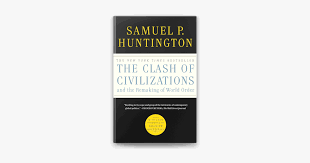
Director of Harvard’s Center for International Affairs, spending a half a century there, Samuel Huntington is credited with re-thinking America’s role in the world in a post cold war era. He is best-known for his most controversial work Clash of Civilizations in which he suggested that future wars wouldn’t pit country against country, but civilization against civilization, citing Islam and the Muslim world as the inevitable next conflict with the West. (In many respects, this concept is hardly new and dates back not just to the crusades, but to the Greco-Persian wars).
Huntington worked for the Jimmy Carter administration as the White House Coordinator of Security Planning for the National Security Council.
He also co-founded the publication Foreign Policy with Warren Demian Manshel.
The Clash of Civilizations and the Remaking of World Order
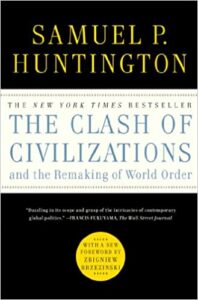
A modern-day classic when it comes to understanding global geopolitics, Samuel P Huntington’s work explores the roots of where we’re at today and provides insights into where we’re going.
Originally written in 1996 its importance has grown in a post 9/11 world.
Huntington explores the population explosion in Muslim countries and China’s global expansion. He explores how we should tackle issues and concepts like immigration, nuclear arms, human rights and even democracy. Then he gives his roadmap for how the West can maintain its culture and position in the global sphere.
The Soldier and the State: The Theory and Politics of Civil–Military Relations
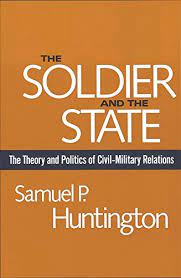
A philosophical book, Huntington has formulated a theory about the way the military is integrated into society and policy. From there he tests his thesis against historical analyses and drives home his point: to reexamine the role the military should play in our country.
The Third Wave: Democratization in the Late 20th Century
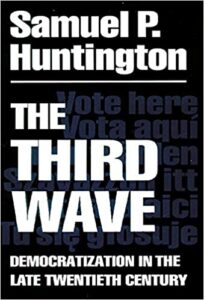
In the sixteen years from 1974 to 1990 a third wave of democracy spread across the world. During that short timespan more than 30 countries rejected authoritarian regiemes and adopted democracy as their new form of government.
Huntington explores the common reasons why and what conditions are necessary for this to continue. From there he gives a detailed plan for those who want to pursue the spread of democracy further, with practical suggestions to help bring about change.
Who Are We?: The Challenges to America’s National Identity
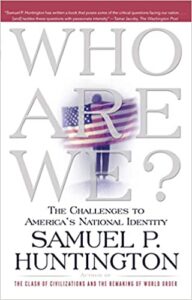
Asking the big questions, Samuel P Huntington explores who Americans are, who they have been historically and who they will be in the future.
From the classic English protestants with their respect for the law, religious commitments and self-sufficient attitude, America has seen an influx of other immigrants over time who have assimilated into the greater nation. But with a surge of new immigrants, America is now facing challenges of bilingualism, multiculturalism and an overall dilution of what it means to be a citizen.
identiy crisis. Who are awe and who do we want to be
values nt ust ofother cultures but of of other civilizations
American Politics: The Promise of Disharmony

A fascinating look at the struggle between America’s love of liberty and distrust of authority, with the ever-growing government that’s required to run such a country.
From this conflict arises a larger recurring struggle, says Huntington, who suggests every third generation engages in political restructuring of institutions to help bring these two sites together.
And with each new reset comes increased tensions between the two sites, with dangerous consequences already on the horizon.
A stunning look at who Americans are and what America is, it’s a compelling look at how history informs the present and the future. And its a reminder that a stable America is an important piece of a stable world.
Political Order in Changing Societies
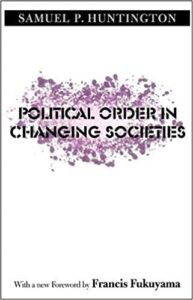
An important treatise on developing countries and the connection between political institutions and stability.